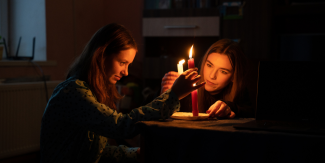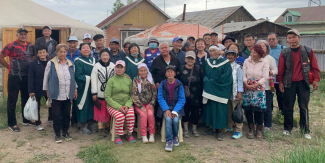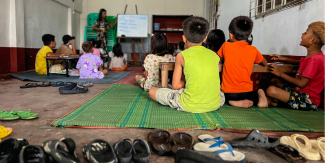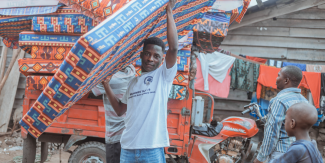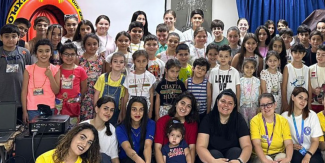FEBRUARY 20, 2025 ~ AMY HECKMAN
It was nearing the end of 2020, in the midst of the COVID-19 pandemic, when the staff and members of Clearwater First Church of the Nazarene (CFN) decided they had to do something to reintroduce themselves to the neighborhood. Months of careful gathering required the congregation to focus primarily on the needs of those closely connected to the church. Now, they wanted to look beyond the church walls to the community. Health and safety measures required that whatever they planned had to be outside—but what would resonate?
Pat Glenn, lead pastor, explains that they settled on a simple Christmas block party.
“We decided ... we would just invite our neighbors and just put up a sign and put it out there on social media.”
That sign and a few posts did the trick. Close to 350 people arrived for a free meal and activities, most of whom had never visited the church before. The staff was also surprised to notice that at least two-thirds of these guests spoke English as a second language.
“Our community looks nothing like what we thought it did,” Pastor Glenn recalled realizing. “It doesn’t look like anything that all our reports say.”
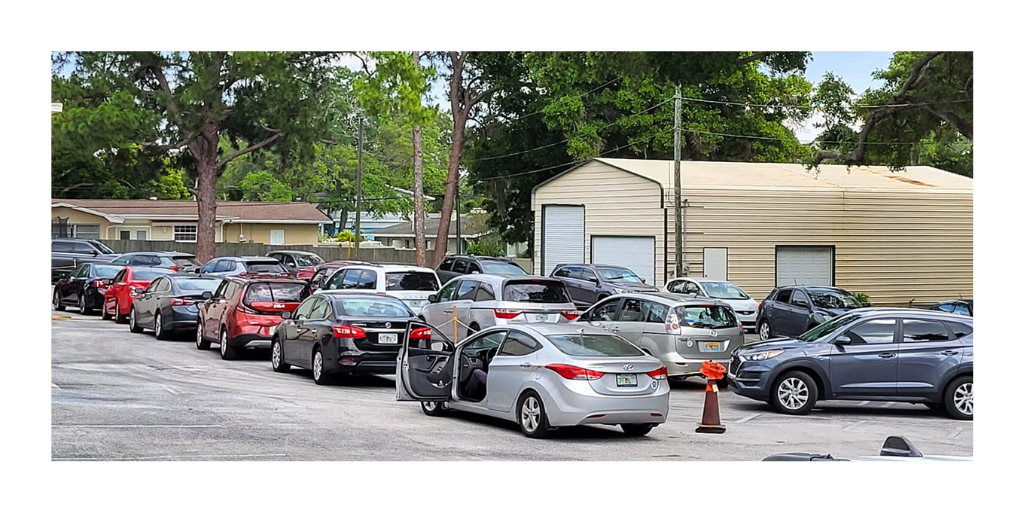
The response to this free event and the demographic questions it raised fueled a radical change in the church's ministry direction.
Today, that single block party has evolved into an ongoing ministry called Hope in the Park, a monthly food distribution and community meal that reaches around 500 people. Between 10,000 and 20,000 pounds of food are distributed at each event. The annual Christmas block party now sees nearly 2,000 people in attendance.
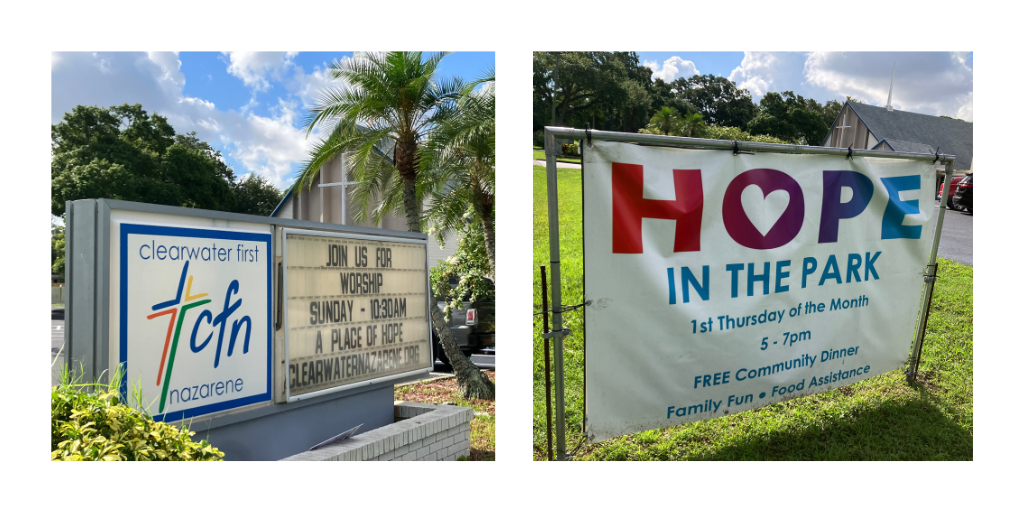
After a year of Hope in the Park, CFN staff was ready to expand their community support. They knew from the beginning that their neighborhood had a high immigrant population and that English classes were consistently requested.
Elizabeth Lauer grew up at CFN and stayed connected to the congregation as she earned her degrees in English language education and English for Speakers of Other Languages (ESOL). Elizabeth was preparing to move overseas to teach English and share her faith until the COVID-19 pandemic forced a pause in her plans. She started volunteering with Hope in the Park, encountered the diverse participants, and soon came to Sandi Herrington, church administrator, with a revelation.
“‘I don’t think I need to go overseas,’” Sandi recalls Elizabeth saying. “‘I think God is bringing the world right here. Can I start English classes?’”
From there, the church’s connection to its community deepened in ways the congregation couldn’t have imagined at first. The staff made sure the English classes were easy to attend. From free tuition and no documentation requirement to childcare and snacks, they knew that a foundation of treating students with dignity would send a clear message of love and care.
“Now, we have beginner, intermediate, and advanced classes and three childcare groups,” Sandi said. “It’s a wonderfully crazy place here on Friday nights!”
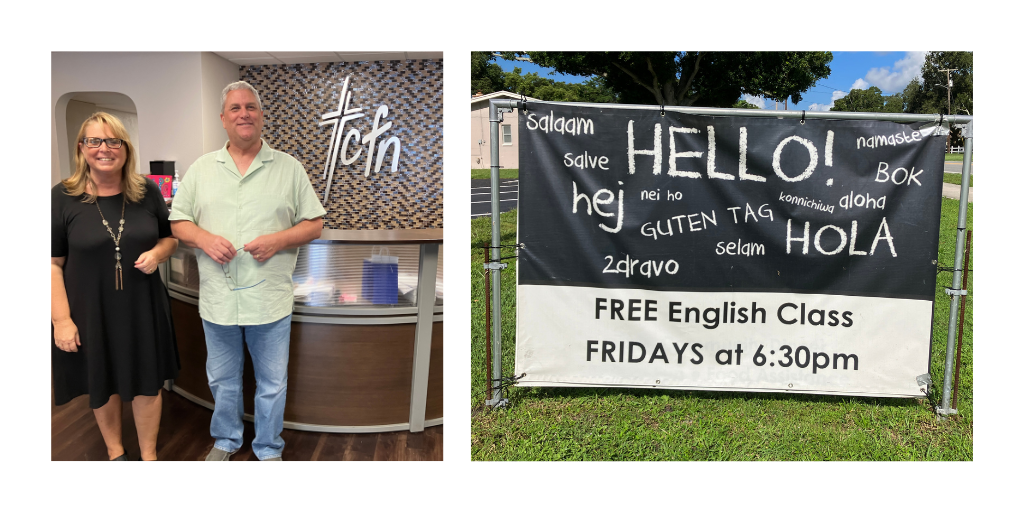
Elizabeth has joined the church staff as director of Compassionate Ministries. She’s also begun training with the U.S. Department of Justice so that the church can open an official immigration legal services center.
When the legal services center opens, Elizabeth and others will be able to offer official guidance and legal representation for people undergoing immigration proceedings and status changes, such as applying for green cards or pursuing citizenship.
The demographic inside the church is slowly starting to match that of the local community. That slow change has been mirrored in the congregation's feelings. Church-wide prayer, fasting, and devotionals on immigration have helped shape the congregation’s hearts.
Nasima lives just down the street and is an English student at CFN. Her story of transformation started at the church, where her family also received help with meeting some of their basic needs.
It was a long journey paved with lots of heartache for Nasima, her husband, and three daughters to find their way to Clearwater. They came from Afghanistan, where decades of war took their toll on the entire population. Her husband, formally educated as a school teacher, worked for the U.S. military for several years, earning him, his wife, and his children the right to apply for refugee status.
Nasima remembered what it was like to live under authoritarian rule as a girl, prohibited from attending school or traveling freely. When she was a young teen, she spent several years forced to learn at home. Her father did his best to continue her education. Then, once the leadership of Afghanistan shifted, Nasima entered school again, eventually graduated college, and became a professor of Pashto literature.
While leaving as refugees provided an escape, it meant leaving behind many loved ones with little hope of seeing them again.
After months of vetting and waiting for approval to travel, Nasima and her family arrived in Florida and, like all refugees, immediately began to work on setting up a life and finding work. But during that process, her children still needed to eat. Nasima walked to Hope in the Park, received some food, and returned to their new apartment. The isolation was hard—she didn’t understand the language, and each task felt overwhelming. She was struggling.
“I am always in [my] house. Three months, always in [my] house. I was a teacher in Afghanistan, but [I had depression]. I’m always shy. I’m not [wanting to] speak to other people,” she shared.
Nasima’s daughters needed more food, and her husband urged her to return to the church. She walked into CFN, terrified to try to communicate. The church staff quickly gathered food and invited her to English class. She came the next day.
Elizabeth has taught Nasima for almost two years, and they consider themselves as close as family now. Nasima’s face brightens when she talks about learning from Elizabeth.
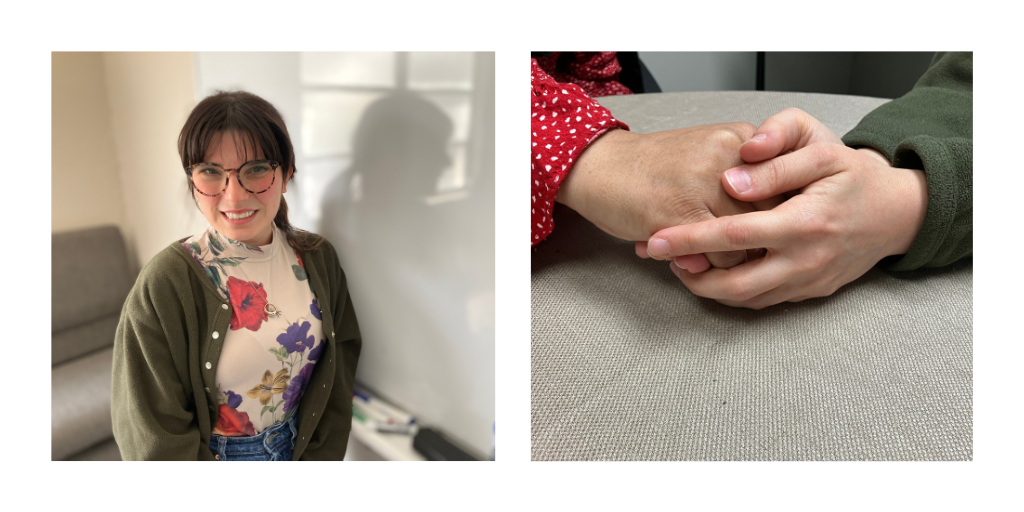
“She is a good teacher, always a good teacher!” she exclaimed.
Elizabeth has equally warm words about Nasima.
“Nasima is the best student,” she said, beaming. “She is always very eager to learn. She challenges herself. Her ability to read and write is very proficient. She just inspires a lot of people.”
Nasima says that CFN is her church and school now. She expresses that through her friendship with Elizabeth, she knows that God sees her and cares for her.
“God is loving me, even as I do [a] very hard journey,” Nasima said. “I come here. I still love it here. I see Elizabeth, and she helped me. Now I’m speaking. This is a big change.”
Pastor Pat easily explains what he hopes his church will be known as in the community.
“A place of hope!” he said. “But we want to also make sure we explain that hope has a name. We want to make sure that [the community participants] understand the foundation of hope is Jesus Christ. We’re going to bless our community with the intention of leading them to Jesus.”
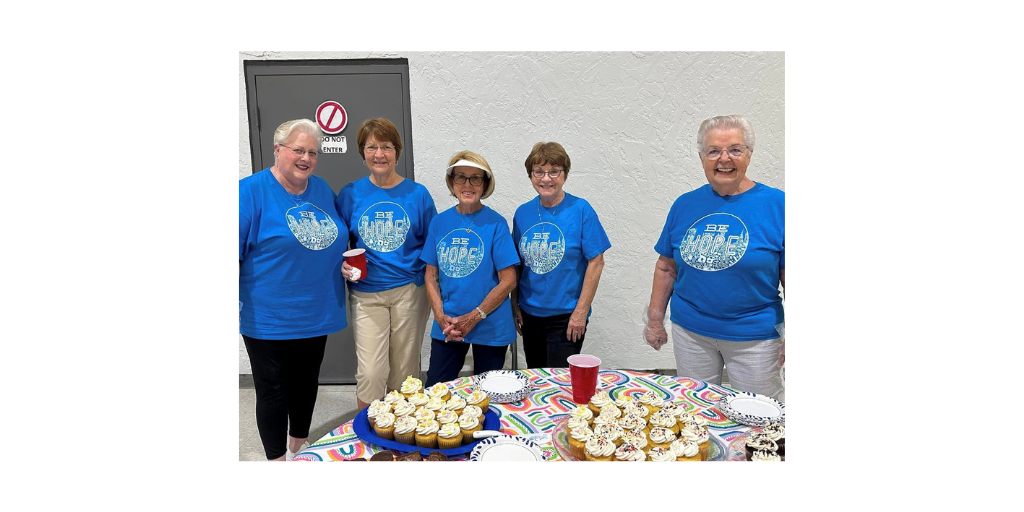
--
This story adapted from the latest NCM Magazine. Read the entire story here.

